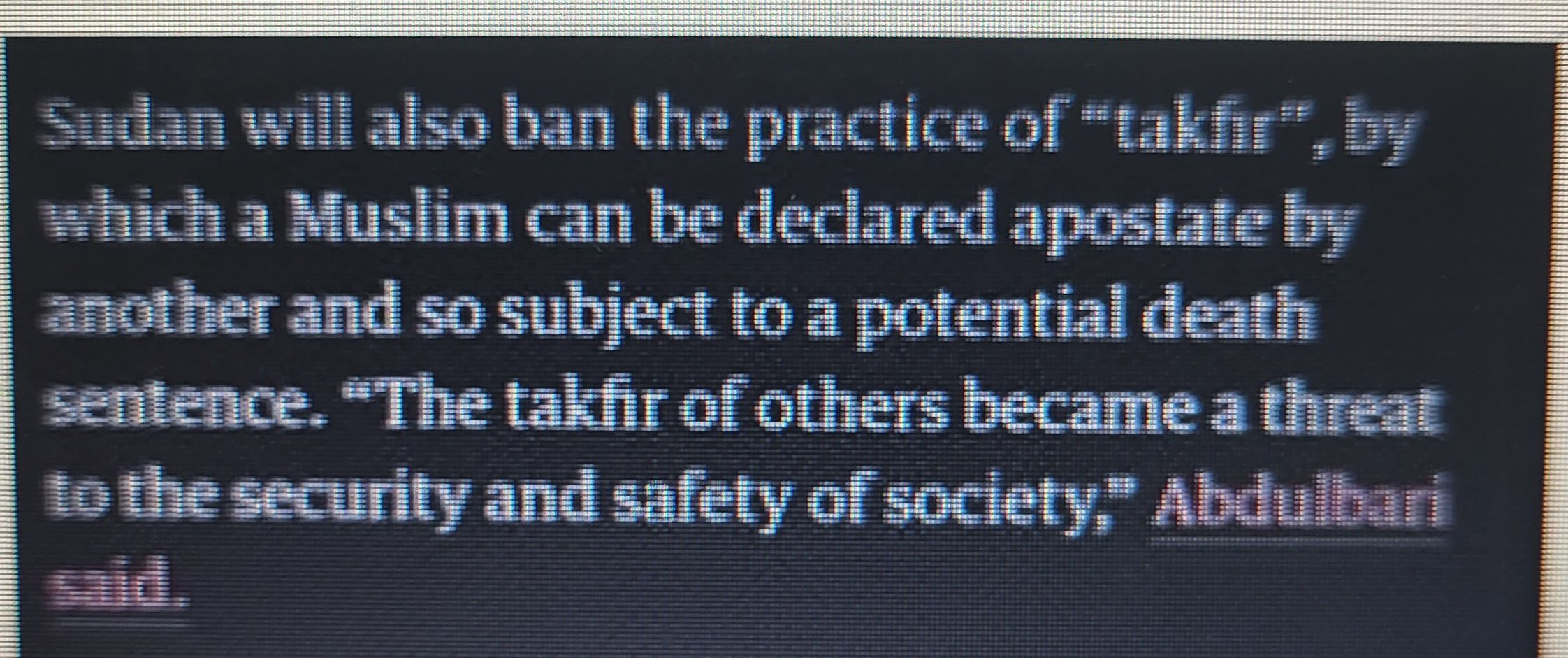A Brief Reminder To Those Mancunian Non-Muslims Who Genuinely Made a Mistake and Recently Had To Apologise For Associating The Statement ‘ Allaahu Akbar’ With The Atrocities of The Vile Terrorists
In The Name of Allaah, The Most Merciful, The Bestower of Mercy
Allaah [The Most High] said:
[وَكَبِّرْهُ تَكْبِيراً – And magnify Him (i.e. Allaah) with all the magnificence, [Allahu-Akbar (Allah is the Most Great)]. [17:111]
Imaam Ibn Jareer [rahimahullaah] stated that the above verse means: ”And exalt your Lord O Muhammad by way of what He has commanded you to exalt Him with- in speech and deeds. Obey Him in what He has commanded you [i.e. by fulfilling it] and in what He has forbidden you [i.e. by keeping away from it]. [Ref 1]
Imaam Muhammad Al-Ameen Ash-Shanqeetee [rahimahullaah] stated that the above verse means: Exalt [Allaah] with a powerful exaltation. Manifest the greatness of Allah (by) strictly guarding what He has commanded and keeping away from what He has forbidden, and hasten towards everything that pleases Him, and this is similar to another statement of Allaah: [لِتُكَبِّرُوا اللَّهَ عَلَىٰ مَا هَدَاكُمْ -That you may magnify Allah for His Guidance to you]. [Ref 2] [End of quotes]
The above explanations are that of the rightly guided scholars- those known for their sound knowledge of the Islamic creed. Exalting Allaah with [Allaahu Akbar – Allaah is the Greatest] is utilised in obedience to Allaah and not in disobedience. As for the terrorists [savages], they utilise this statement, whilst committing evil and destruction. Therefore, we hope that this affair is clarified for those non-Muslims who genuinely misunderstood this concept. Here are a few links to demonstrate the fact that Islaam is free from the evil and murderous activities of the misguided terrorists.
http://salaficentre.com/wp-content/uploads/2014/05/TheCondemnationOfTerrorism_d.pdf
http://www.islamagainstextremism.com/
[1] [Source: جامع البيان عن تأويل آي القرآ]
[2] [أضواء البيان في إيضاح القرآن بالقرآن]










